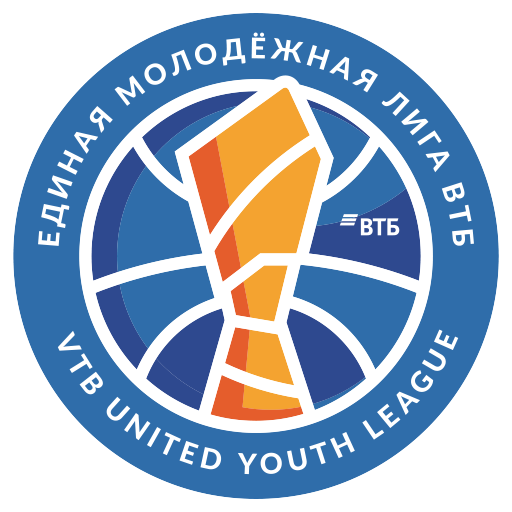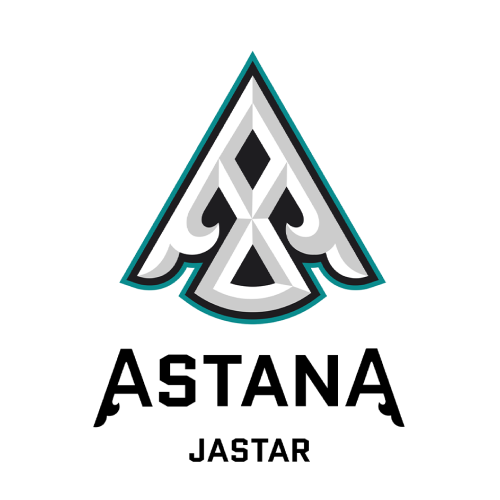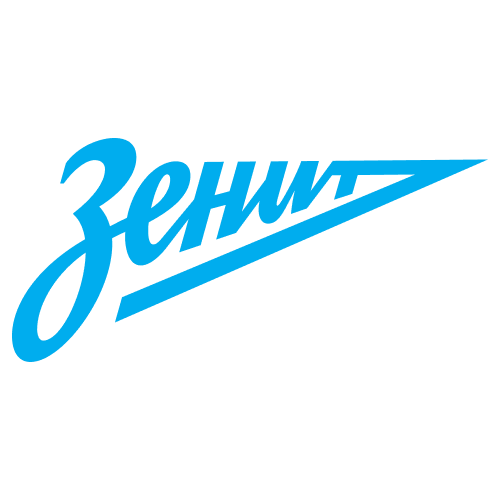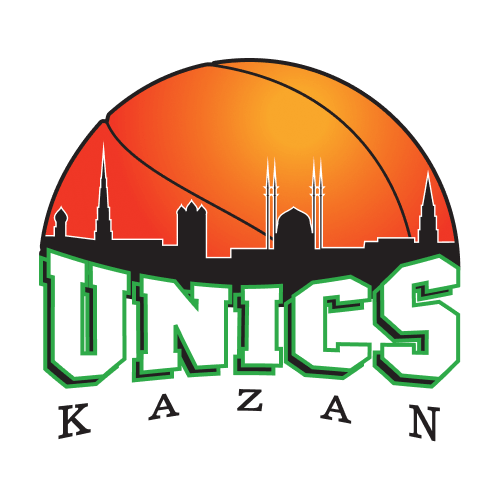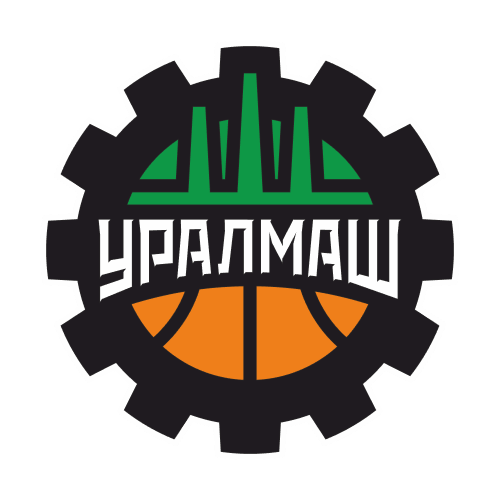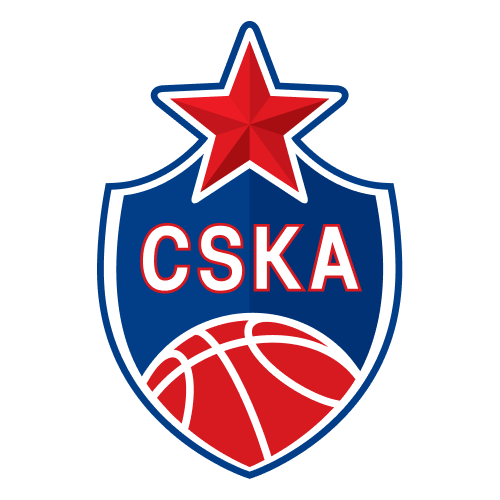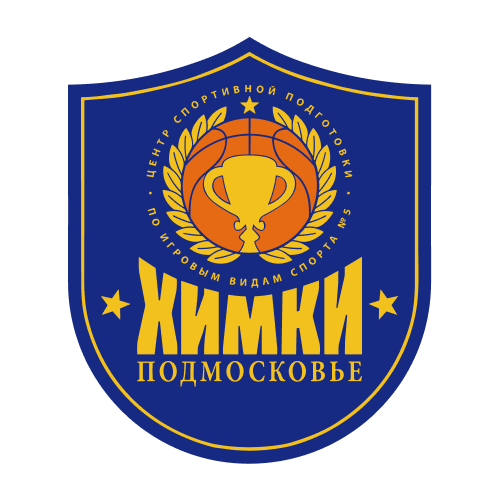Khimki has been one of the biggest players on the European free agent market this summer, replacing departed team leaders, while looking to get even stronger.
Exclusive for VTB-League.com, Dmitry Gerchikov analyzes Khimki’s busy summer, breaking down the changes to the club’s free agent approach.
***
I saw Justin Carter in person for the first time in 2014, when his team, Usak, faced Tsmoki-Minsk in the EuroChallenge. Packed into a modest, hangar-like gym, the fans erupted into applause with every big dunk in warmups. Sensing the colossal support of the crowd, the Turkish athletes put on a show, trying to send the fans into ecstasy. Hulking Erick Bruckner threw down a vicious slam, then pounded his chest in Tarzan-like fashion. Chris Warren threw alley-oops to 214-cm tall Sertac Sanli, who looked down dismissively upon those left on the ground. Even European basketball’s greatest deaf player, Miha Supan, seemed to hear the songs from the crowd, drilling mid-range jumpers in quick succession.Usak was ready to rip the wings off the Belarusian dragons, make no mistake.
Justin Carter was the only player on the team that didn’t join in. Apart from a few shots here and there, he spent most of his time staring at the Minsk end of the court, trying to discern his opponent’s strengths and weaknesses. At times, he drew close to the halfcourt line in order to study Tsmoki’s perimeter shooters. Other times, he squinted down from his own bench, sizing up the opposition’s big men. I’m not sure why, but I got the feeling the American was a step ahead of his comrades and teammates. Carter relied on his mind, not his emotions, to get ready for the game. Is that not a sign of a mature, confident athlete?!
…Carter didn’t play that well that evening, shooting only 4-10 from the field. But it was hard to exaggerate his impact on the court. The forward was always in the right spot, rebounding, passing, forcing turnovers and blocking with such effectiveness, that Usak found itself playing from a position of strength all night long. The Turks demonstrated sharp, balanced basketball. When the club returned the visit to Minsk without Carter, and promptly got blown out, the team’s dependence on the American became obvious to even the laziest observer.
That’s why I wasn’t too surprised when Carter moved to Galatasaray around the New Year. Given his basketball intellect and work ethic, the forward was due a promotion. He adapted quickly to Europe, paying his dues in the Turkish lower leagues, where he found he meshed perfectly with the style of play. Oktay Mahmuti, in charge of the motley Red-Yellow brigade, needed someone who would play unselfish basketball and help piece together the club’s fragmented roster. Justin completed his mission, and certainly could have made an even bigger name for himself in Turkey. But Ergin Ataman took over at Galatasaray, bringing in his own trusted crew. The team also wanted to make some splashy signings and Carter didn’t fit the bill. The American was forced to move to gritty underdogs Karsiyaka. Then he spent some time in China, where a six-month salary put him in terrific shape financially.
Now Khimki. Why? Because the player and Khimki’s new philosophy are a perfect match–like pirates and rum–for one another. Dusko Ivanovic drew the right conclusions from last year’s mistakes, when the team relied primarily on individual talent. Now the roster is much better balanced between players who need the limelight and those who are happy to work behind the scenes. Before, three, sometimes four different players had to share the ball in the backcourt. Though rebounding was technically a team effort, not everyone crashed the glass. Fast breaks often disintegrated because certain players were a little too selfish. Now it’s clear that Moscow Region’s Emmett Brown is building for the future, with an emphasis on versatility and multi-skilled players. He knows about Shved’s playmaking ability, Monia’s skill at power forward, and hopes to challenge Todorovic with new responsibilities. And he’s continuing to add to that core with athletic, versatile talent that care about the team more than statistics.
Carter fits perfectly in this system, much like Perry Jones III and E.J. Rowland. The new signings appear ideal both from a stats perspective and the eye test. They don’t have discernible weaknesses and are savvy enough on the court to make the best possible decisions. Plus, they are all very coachable, something Khimki lacked at times last season in crunch-time, both in the VTB United League and European competition.
The philosophical shift from the Yellow-Blues is further underscored by the latest signing from France. The Russians managed to steal the French league’s most efficient performer, Limoges forward Nobel Boungou-Colo. Reportedly, Ivanovic has been a fan since his time at Pao and tried several times to lure him to Greece. But Nobel’s long-term contract got in the way. This time around, there were no barriers: After four years with Limoges, Boungou-Colo asked to make a move and expressed a desire to turn down the final year of his contract.
By making the deal, Khimki maxed out its versatility on the wings and emphasized that its interpretation of modern basketball comes down to every player being able to do a little bit of everything on the court. Someone who signs at Khimki needs to be willing to sacrifice the limelight and do the dirty work on occasion, even if that means a little less glamor and attention. If that’s not your thing, you might be better off with Bartzokas in Barcelona (he loves creative, unorthodox playmakers at point guard) or messing around in Milan, where everyone plays on his own.
It’s unusual to see Khimki this way, but it only heightens the anticipation for the start of the season. If Ivanovic can see his revolution through to the end and fundamentally transform his team’s approach, we will be treated to one of the most unusual teams in VTB United League history.
Dmitry Gerchikov
